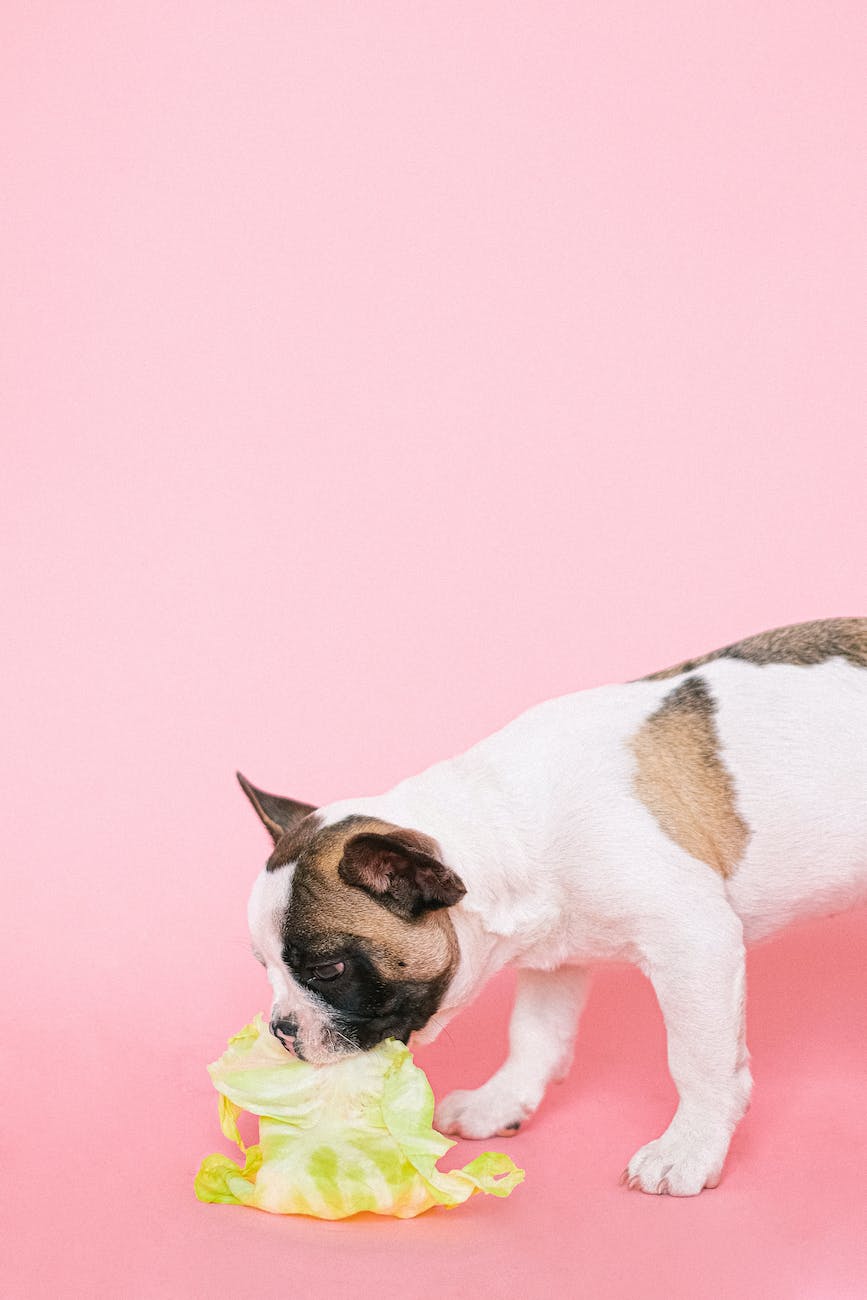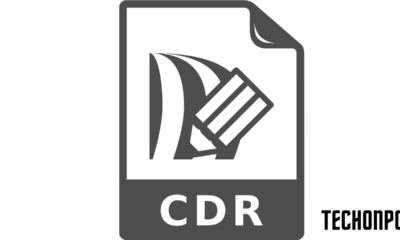Education
Is Cabbage Good for Dogs? Risks and Benefits of Cabbage?
Published
1 year agoon
By
techonpc
Is Cabbage Good for Dogs?
Cabbage is a popular vegetable that is enjoyed by people all over the world. But is it safe for dogs to eat? Can dogs benefit from eating cabbage, or are there potential risks involved?
In this article, we’ll explore the answers to these questions and more, so you can make an informed decision about whether or not to give cabbage for dogs info.
Benefits of Cabbage for Dogs
First, let’s take a look at the potential benefits of cabbage for dogs.
- Rich Source of Vitamins and Minerals
Cabbage is a rich source of vitamins and minerals, including vitamin C, vitamin K, and potassium. It is also a good source of fiber, which can help to support a healthy digestive system.
- it’s the potential to help with weight loss
One of the main benefits of cabbage for dogs is its potential to help with weight loss. Cabbage is low in calories and high in fiber, making it a great choice for dogs who are trying to shed a few pounds. Cabbage can also help to fill your dog up, which can be useful if you are trying to reduce the amount of food your dog eats.
- Cabbage Can Help to Reduce Inflammation in the Body
In addition to its weight loss benefits, cabbage may also have other positive effects on your dog’s health. Some studies have suggested that cabbage can help to reduce inflammation in the body, which may be beneficial for dogs with conditions such as arthritis or inflammatory bowel disease. Cabbage is also rich in antioxidants, which can help to support a healthy immune system.
Risks of Feeding Cabbage to Dogs
Now let’s look at the potential risks of feeding cabbage to dogs.
- Contains a Compound Called Goitrogens
One of the main concerns with cabbage is that it contains a compound called goitrogens, which can interfere with the thyroid gland’s ability to produce hormones. This can be especially problematic for dogs with pre-existing thyroid issues, as it could potentially worsen their condition.
However, it’s important to note that the levels of goitrogens in cabbage are generally low, and the risk of cabbage causing problems for dogs is fairly low. In most cases, dogs would need to eat very large amounts of cabbage on a regular basis for goitrogens to become a concern.
- Cause Digestive Issues
Another potential risk of cabbage is that it can cause digestive issues in some dogs. Cabbage is high in fiber, which can be beneficial for some dogs, but it can also cause gas, bloating, and diarrhea in others. If your dog has a sensitive digestive system, you may want to be cautious about feeding them cabbage.
It’s also worth noting that cabbage should not be given to dogs raw. Raw cabbage can be difficult for dogs to digest, and it can cause problems such as bloating and gas. It’s best to cook cabbage before feeding it to your dog or to give them cooked, canned cabbage that has been specifically formulated for dogs.
Is Cabbage Good for Dogs
So, is cabbage good for dogs? The answer is that it can be, but it’s important to be mindful of the potential risks and to feed them in moderation. If you decide to give your dog cabbage, make sure to cook it first and start with small amounts to see how your dog reacts. If your dog has any pre-existing health conditions or digestive issues, it’s always best to consult with your veterinarian before introducing new foods into its diet.
Overall, cabbage can be a healthy and nutritious addition to your dog’s diet, as long as it is fed in moderation and in cooked form. Just be sure to monitor your dog closely for any adverse reactions, and consult with your veterinarian if you have any concerns.
Final Words
In conclusion, cabbage can be a healthy addition to a dog’s diet if it is served in moderation. Dogs who eat cabbage can benefit from the vitamins, minerals and antioxidants it contains. However, when feeding cabbage to dogs, one should always consider the risks associated with its consumption such as potential for gastrointestinal distress. Therefore, it is best to consult with a veterinarian before adding any new food to your dog’s diet.
Follow Me

Unleashing the Power of the Office Accelerator: Maximizing Productivity and Efficiency in the Workplace with Office 365 Accelerator

Unlocking the Hidden Potential of Your Website: Strategies for Growth

From AI to VR: How Cutting-Edge Tech Is Reshaping Personal Injury Law in Chicago
Trending

 Microsoft4 years ago
Microsoft4 years agoMicrosoft Office 2016 Torrent With Product Keys (Free Download)

 Torrent4 years ago
Torrent4 years agoLes 15 Meilleurs Sites De Téléchargement Direct De Films 2020

 Money4 years ago
Money4 years ago25 Ways To Make Money Online

 Torrent4 years ago
Torrent4 years agoFL Studio 12 Crack Télécharger la version complète fissurée 2020

 Education3 years ago
Education3 years agoSignificado Dos Emojis Usado no WhatsApp

 Technology4 years ago
Technology4 years agoAvantages d’acheter FL Studio 12

 Technology4 years ago
Technology4 years agoDESKRIPSI DAN MANFAAT KURSUS PELATIHAN COREL DRAW

 Education3 years ago
Education3 years agoBest Steph Curry NBA 2K21 Build – How To Make Attribute, Badges and Animation On Steph Curry Build 2K21

You must be logged in to post a comment Login